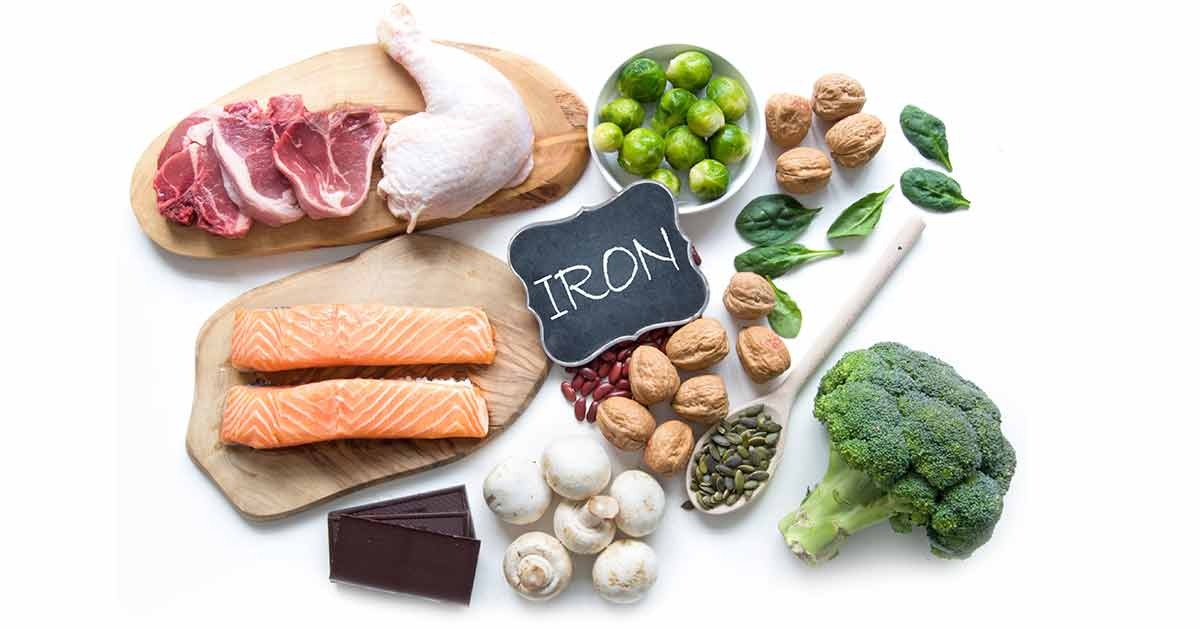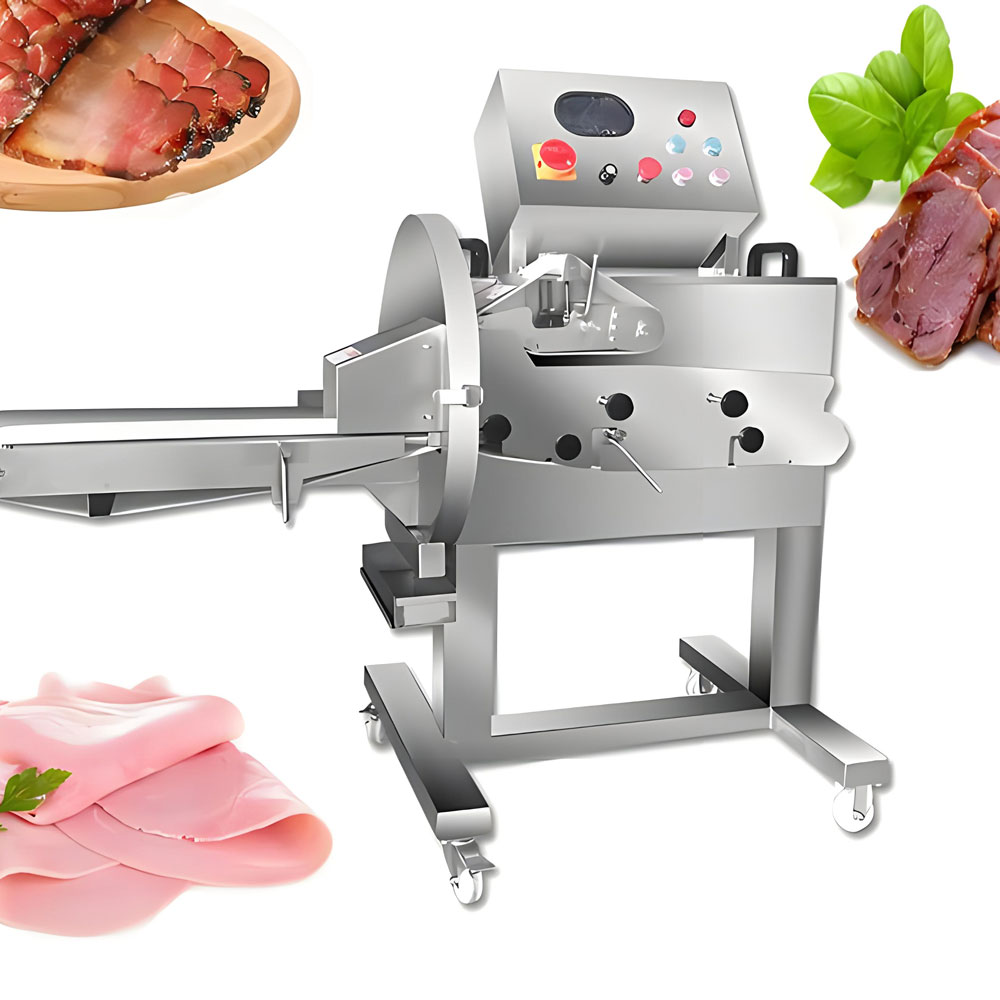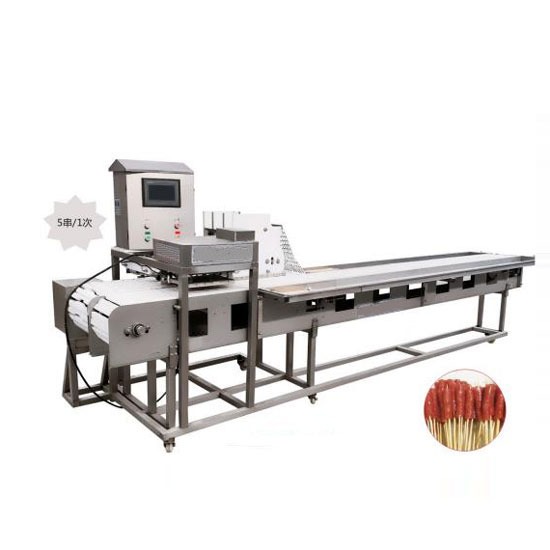What Foods Are High In Iron

Iron is an essential mineral that plays a crucial role in our health. It helps transport oxygen throughout the body, supports energy production, and boosts the immune system. If your iron levels are low, you may experience fatigue, weakness, or even anemia. To maintain optimal health, it's important to incorporate iron-rich foods into your diet.
In this article, we’ll explore the best dietary sources of iron, including plant-based and animal-based options. We'll also touch on factors that affect iron absorption and provide practical tips for maximizing your intake.
Why Is Iron Important?
Iron is a vital component of hemoglobin, the protein in red blood cells that carries oxygen from the lungs to the rest of the body. It's also involved in various enzymatic processes and supports brain development, particularly in children.
Iron deficiency is one of the most common nutritional deficiencies worldwide, leading to symptoms like:
- Fatigue
- Shortness of breath
- Pale skin
- Weakness
Ensuring adequate iron intake is essential, especially for women, children, and athletes who may have higher requirements.
Types of Dietary Iron
Iron in food exists in two forms:
- Heme Iron: Found in animal products like meat, poultry, and fish. It’s highly bioavailable, meaning the body absorbs it more easily.
- Non-Heme Iron: Found in plant-based foods like beans, lentils, and spinach. While less readily absorbed, its absorption can be enhanced by pairing it with vitamin C-rich foods.
Top Foods High in Iron
1. Red Meat
Lean cuts of beef, lamb, and pork are excellent sources of heme iron. A 100-gram serving of cooked beef provides approximately 2.7 mg of iron, or 15% of the daily value (DV).
2. Poultry and Fish
Chicken, turkey, and seafood such as salmon, mackerel, and sardines also contain significant amounts of heme iron. Shellfish like clams, oysters, and mussels are particularly high, with some varieties providing over 100% of the DV in a single serving.
3. Organ Meats
Liver, kidney, and heart are nutrient-dense foods packed with iron and other essential nutrients like vitamin A, copper, and folate. For instance, a 100-gram serving of beef liver delivers 6.5 mg of iron.
4. Legumes
For plant-based eaters, legumes such as lentils, chickpeas, black beans, and soybeans are fantastic sources of non-heme iron. A cup of cooked lentils provides around 6.6 mg of iron, about 37% of the DV.
5. Dark Leafy Greens
Spinach, kale, and Swiss chard are iron-rich vegetables. One cup of cooked spinach contains about 6.4 mg of iron, along with a host of other nutrients like calcium and vitamin K.
6. Fortified Cereals and Grains
Many breakfast cereals and grains are fortified with iron, making them a convenient option for boosting intake. Look for whole-grain varieties to get additional fiber and nutrients.
7. Nuts and Seeds
Pumpkin seeds, sunflower seeds, cashews, and almonds are good plant-based sources of iron. For instance, a 1-ounce serving of pumpkin seeds provides about 2.5 mg of iron.
8. Tofu and Tempeh
Soy-based products like tofu and tempeh are high in iron and protein, making them a staple in vegetarian and vegan diets. A half-cup of tofu contains around 3 mg of iron.
9. Dried Fruits
Dried apricots, raisins, and prunes are iron-rich snacks that are also packed with fiber and natural sugars. A small handful of raisins (about 1/4 cup) provides 1 mg of iron.
10. Eggs
Eggs, particularly the yolk, contain a modest amount of iron. Pairing eggs with vitamin C-rich foods like orange juice can enhance absorption.
Factors That Affect Iron Absorption
While incorporating iron-rich foods is important, several factors influence how well your body absorbs this nutrient:
Enhancers of Iron Absorption:
- Vitamin C: Found in citrus fruits, tomatoes, bell peppers, and strawberries.
- Animal Proteins: Consuming heme iron alongside non-heme iron can boost overall absorption.
Inhibitors of Iron Absorption:
- Phytates: Found in whole grains and legumes. Soaking or sprouting can reduce their impact.
- Calcium: Found in dairy products, which may compete with iron for absorption.
- Tannins: Found in tea and coffee. Try consuming these beverages between meals instead of with iron-rich foods.
How to Maximize Your Iron Intake
- Pair non-heme iron sources with vitamin C-rich foods.
- Avoid drinking tea or coffee immediately before or after meals.
- Cook in cast iron pans, as small amounts of iron can leach into food.
- Incorporate a mix of heme and non-heme iron sources into your diet.
Who Needs More Iron?
Certain groups are more prone to iron deficiency and may require higher intakes:
- Women of childbearing age: Due to menstrual blood loss.
- Pregnant women: To support fetal development and increased blood volume.
- Children and adolescents: For growth and development.
- Vegetarians and vegans: As plant-based iron is less bioavailable.
- Athletes: Due to increased iron losses through sweat and higher oxygen demands.
Symptoms of Iron Deficiency
If you're not consuming enough iron, you may notice the following symptoms:
- Persistent fatigue
- Shortness of breath
- Dizziness
- Cold hands and feet
- Brittle nails
If you suspect a deficiency, consult a healthcare provider for testing and potential supplementation.
Conclusion
Iron is a cornerstone of good health, essential for oxygen transport, energy production, and overall vitality. By incorporating a variety of iron-rich foods into your diet and being mindful of factors that affect absorption, you can easily meet your daily needs.
Whether you’re a meat lover, vegetarian, or vegan, there are plenty of delicious and nutritious options to choose from. Take proactive steps to monitor your iron intake and enjoy the benefits of improved energy, focus, and well-being.




